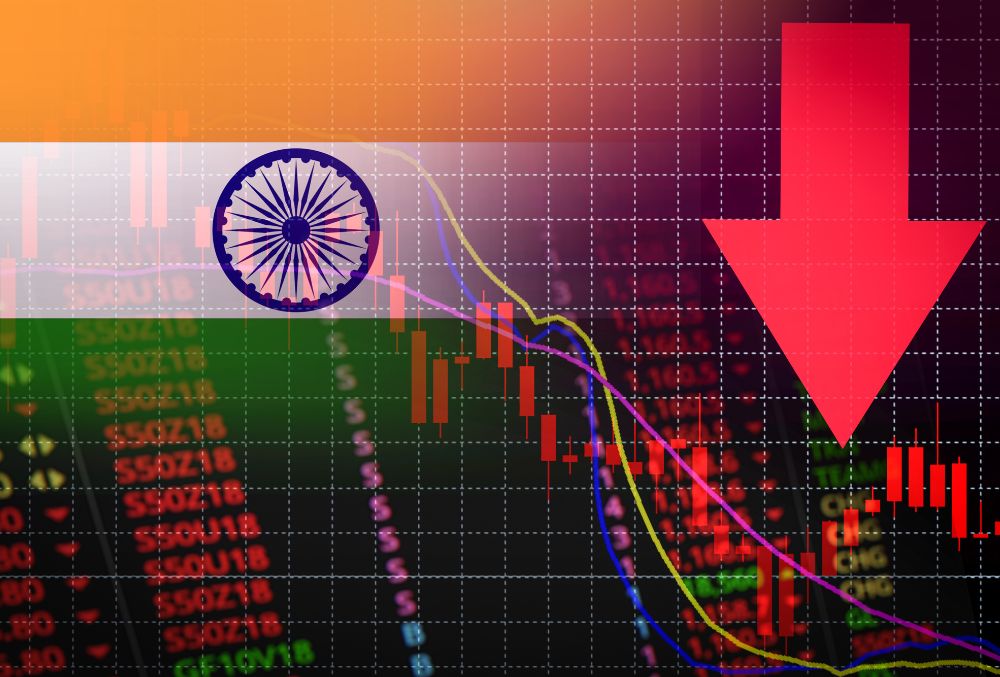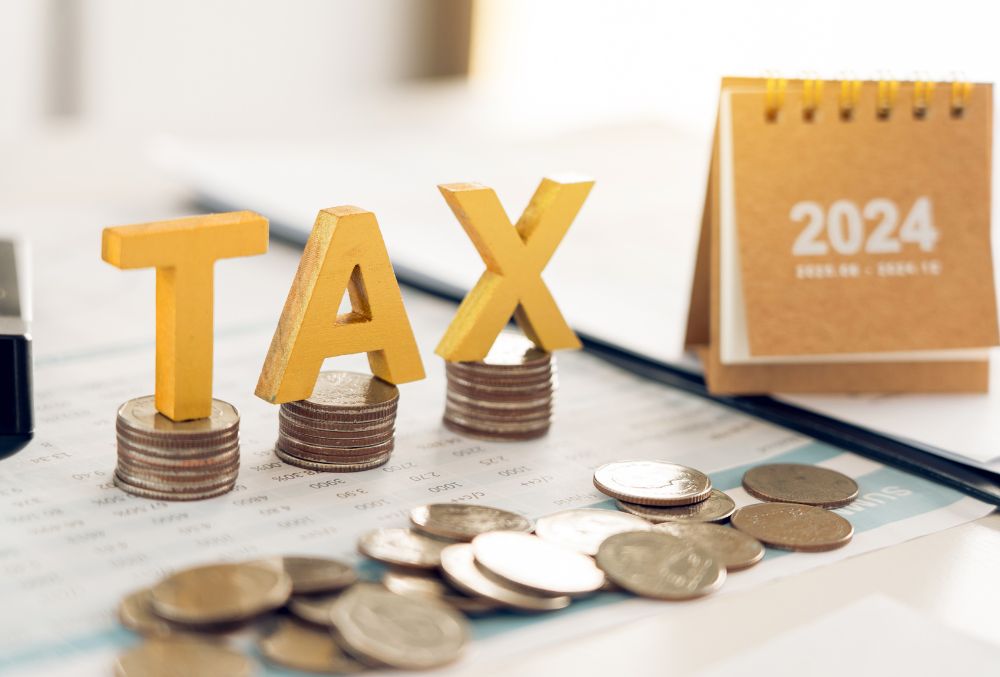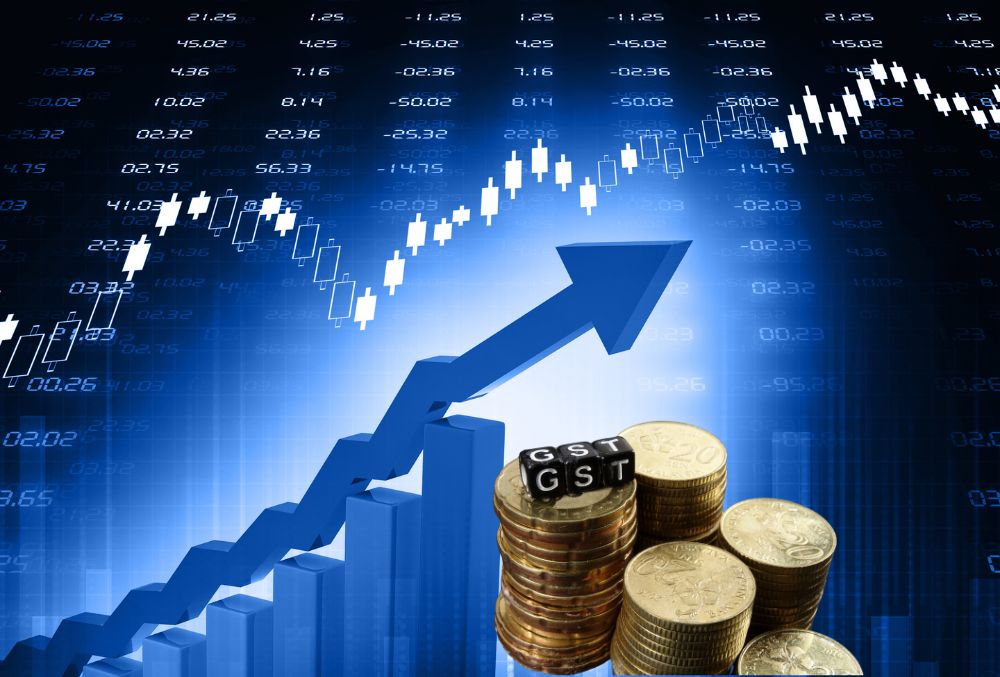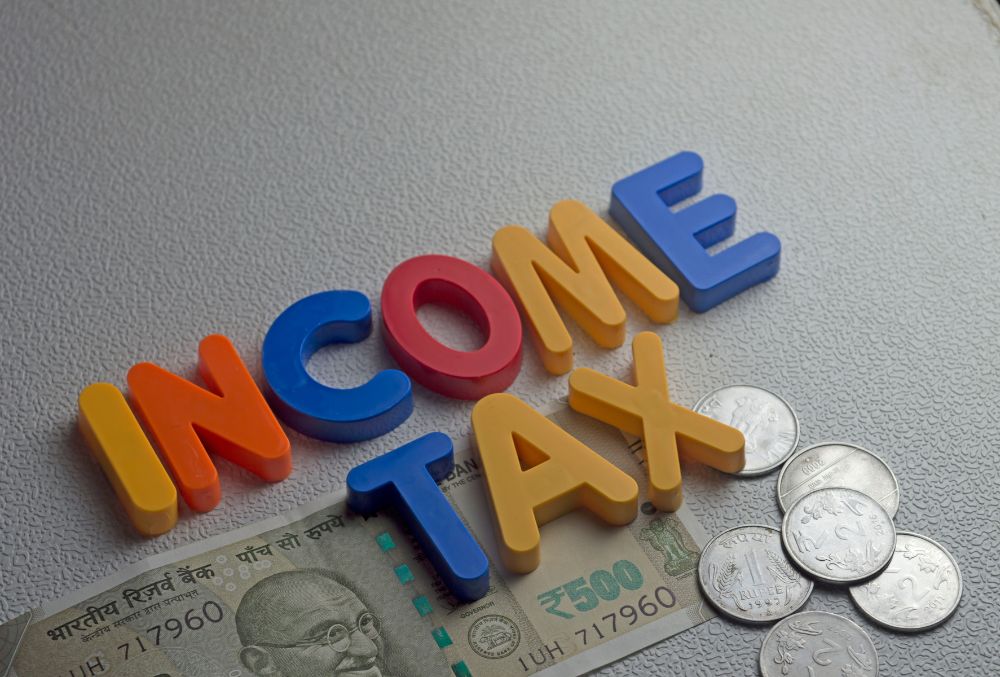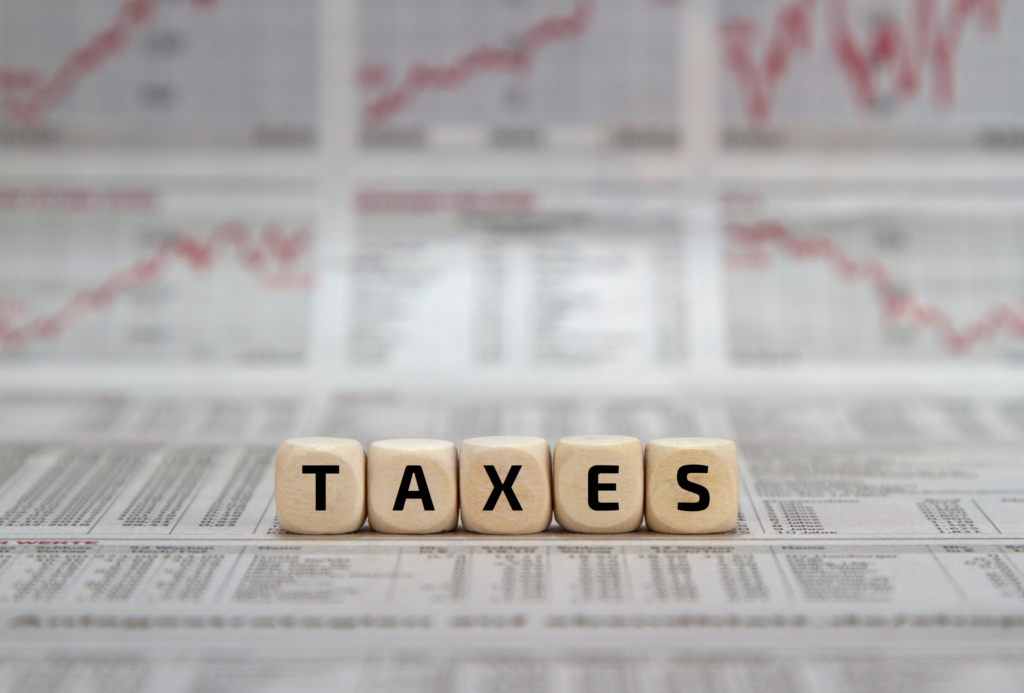The Indian stock market has been a major topic of discussion lately, especially after the post-election period. This has led to speculation and uncertainty among investors and market participants. After major events such as elections, the stock market tends to be unstable, leaving investors and analysts trying to understand the reasons behind it. India, with its dynamic political landscape and strong stock market, is no exception. The recent stock market crash after the election in India has sparked intense debates. Some attribute it to the election outcome while others dismiss it as a coincidence. Let’s explore the details of this interesting phenomenon to determine whether it’s a reality or a myth.
The Post-Election Stock Market Scenario
After an election, the stock market can become unstable as people assess the new government’s policies and economic direction. Recently, after the election in India, the stock market has been changing a lot. Some people are worried about the government’s stability, potential policy changes, and the country’s economic growth.
The Myth: Election results are not the only factor
Following the election, many people thought that the stock market went down because of the election results. They think this because investors react quickly to political changes, especially when those changes are unexpected. There is a lot of uncertainty about how new government policies might affect the economy and the world, so investors are being careful. This caution has made people with investments in the stock market worried about what might happen next.

The Truth: Many different factors are involved
While the recent stock market decline in India has been quite substantial, it is important to note that this is not an isolated phenomenon. Global markets have been experiencing similar levels of volatility and corrections in the wake of various geopolitical and economic events.
Moreover, the Indian stock market has a history of displaying short-term fluctuations, often driven by a combination of domestic and international factors. These market movements are not necessarily indicative of long-term trends or the overall health of the Indian economy.
The stock market crash isn’t just because of the election. Other things, such as global economic trends, political tensions, rising prices, company profits, and decisions about how much money is available, also make the market change a lot. All of these things together make the market likely to change suddenly and by a lot.
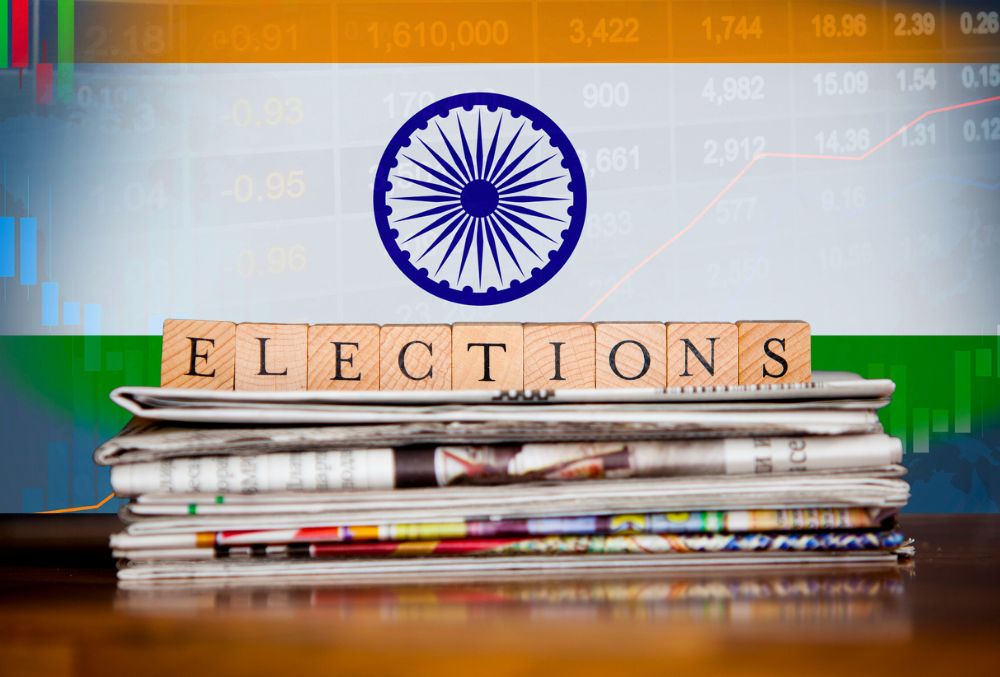
Key Points:
1. Sentiment and Perception
Investor sentiment plays a critical role in shaping market trends, with perceptions about government policies, governance efficacy, and economic outlook influencing market movements and stock valuations.
2. Risk Management
Managing risk exposure and navigating market uncertainties post-election require strategic planning, diversification, and informed decision-making to mitigate potential losses and capitalize on emerging opportunities.
Conclusion
The recent drop in the Indian stock market after the elections is influenced by various factors, not just one. While election results affect market sentiment, the market’s ups and downs are due to many things, not just one. Investors need to be careful, do thorough analysis, and not believe everything they hear to do well in the unpredictable stock market.
In conclusion, to understand why the Indian stock market changes after elections, it’s important to look at all the political, economic, and global factors. If investors take a broad view and make careful investment choices, they can handle the stock market’s ups and downs confidently.
